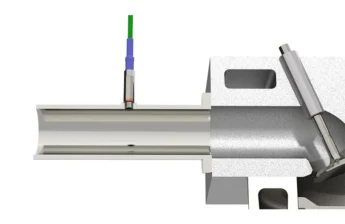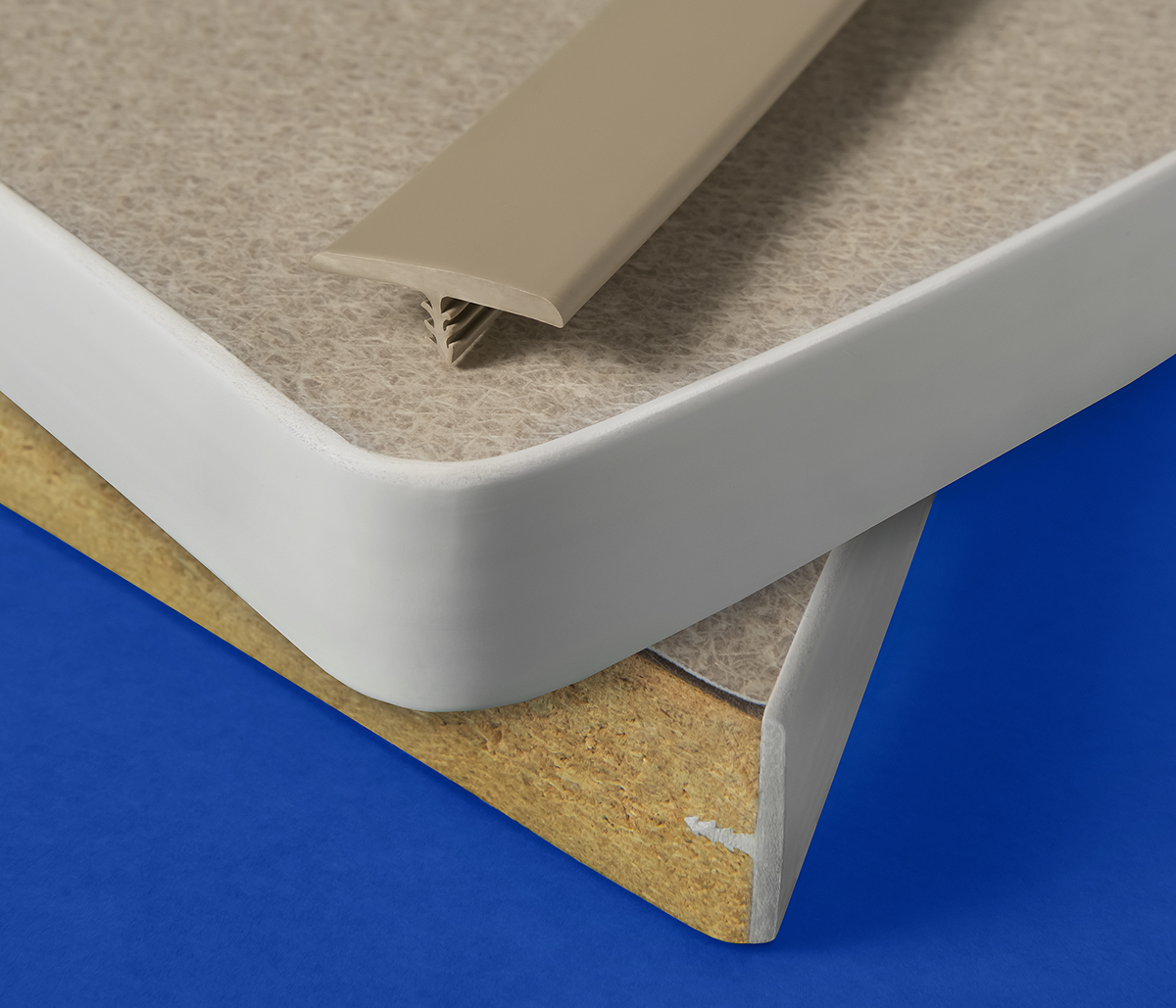Conductive plastics may be possible to use in batteries of the future, instead of the metal oxides used today, according to the thesis of PhD student Christoffer Karlsson at the Uppsala University in Sweden.
Lithium ion batteries are widely used in electric vehicles (EV), phones and laptops. The metal oxides in the batteries are extracted from rock through energy-intensive processes and are not recyclable.

In his thesis, Mr Karlsson has investigated a new class of organic materials for this purpose, namely conductive redox polymers, a type of electrically conductive plastics.
Both conductive polymers and redox polymers have been used for energy storage, and lately there has been greatly increased interest in low molecular weight organic compounds as active materials in battery electrodes, according to his thesis.
The primary reason for this is that they can be manufactured from renewable sources through environmentally friendly methods at low temperatures, as opposed to today’s inorganic materials.
Mr Karlsson’s thesis shows how a number of conductive redox polymers behave, and gives a few design principles for this type of polymers. One of the most important properties of them is the metallic conductivity which can be regulated. They can also be manufactured cheaply at low temperatures, he noted.
“They have potential as electrode materials in future environmentally friendly batteries, and it would be possible to make organic batteries purely from polymers. We have also tested one such proof-of-concept battery cell, with different conductive redox polymers as active materials on both electrodes,” said Mr Karlsson.









